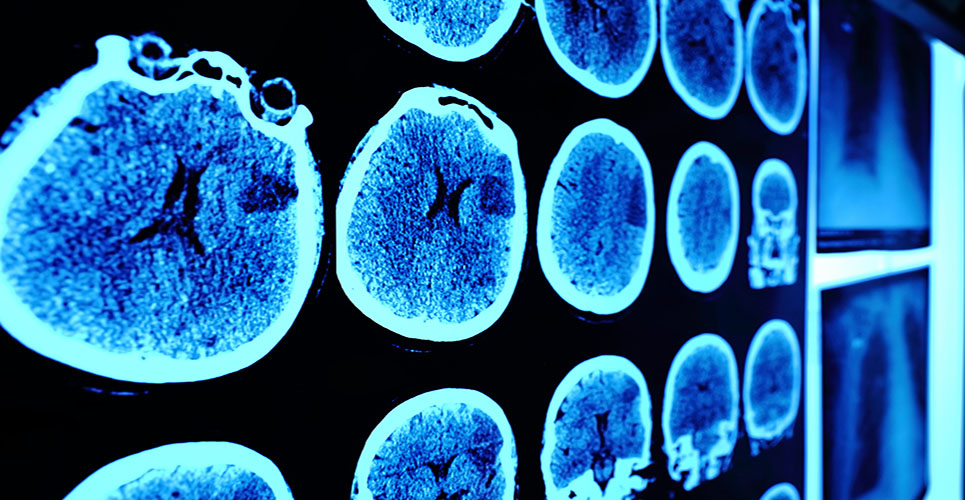teaser
Chris Cairns,
Consultant Editor
Once again, this issue of the journal concentrates on both today’s management and advances in cancer care. Although there has not been a long interval since we covered the subject in depth, it is entirely appropriate to do so again. Malignant disease causes a significant amount of mortality and morbidity in all the nations of Europe. Treatment is very much medicine-centred and, as well as chemotherapy, there are a large number of other drugs used to alleviate symptoms of both cancer and its treatment. Last but not least, it is a field where technological advance continues unabated, in treatment, diagnosis and research.
In previous comments, I have discussed the role of hospital pharmacy in providing high-quality cytotoxic reconstitution services. I have also discussed the clinical role of pharmacists in cancer care. However, although these are very important and involve many pharmacists and technicians throughout Europe, are they the only roles for pharmacists in cancer care?
Oncology pharmacy is highly organised nationally and internationally. The International Society of Oncology Pharmacists (ISOP) is the only truly international organisation for pharmacists working in a single clinical specialty. The amalgamated expertise of pharmacists and pharmacy technicians in oncology must be vast. But are their activities purely confined to reconstitution and clinical pharmacy? In the UK, the setting up of cancer networks to achieve the best use of resources and the highest levels of clinical care has led to the appointment of cancer network pharmacists. Their role is to develop and coordinate pharmacy cancer services over large areas. In addition to being “plugged in” to strategic healthcare issues, they are also experts in their own field.
At the other end of the care spectrum, what happens when active treatment fails or is no longer appropriate? Palliative care is highly dependent on the use of a wide range of drugs, including potentially toxic agents, very effectively. The pharmacist has a major role to play in this field, working with doctors and nurses to ensure that patients are free from pain, that their chronic symptoms are alleviated and, when the time comes, that they die with dignity.
My last thoughts are public health-driven. Prevention is better than cure, so do hospital pharmacists have a role in preventing cancer? In many nations, colleagues in community pharmacies are involved in smoking cessation initiatives. Clinical practitioners can reinforce healthy lifestyles, but for many cancer patients this may be too little too late. We know that smoking is the major preventable cause of cancer in the Western world. Can we do something about it before it causes cancer? Perhaps we can. Many patients suffer from smoking-related diseases: is there an opportunity to identify smoking as a health risk and start to address it on elective hospital admission or on admission for a noncancer smoking-related reason? We know that smoking cessation reduces cancer risks and improves symptoms of other diseases. This is an opportunity for clinical pharmacists to identify patients and refer them to appropriate smoking cessation treatments.
There are challenges in treating cancer, but there are also many opportunities for hospital pharmacists to care for patients with cancer – and help prevent it.
Chris Cairns, Consultant Editor

